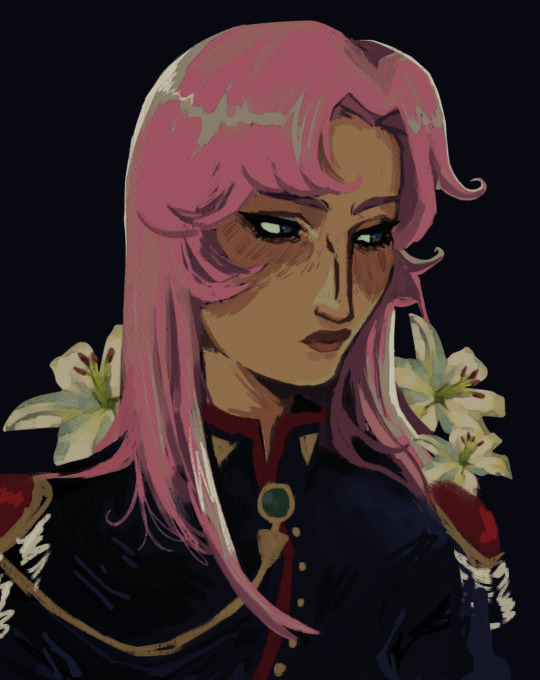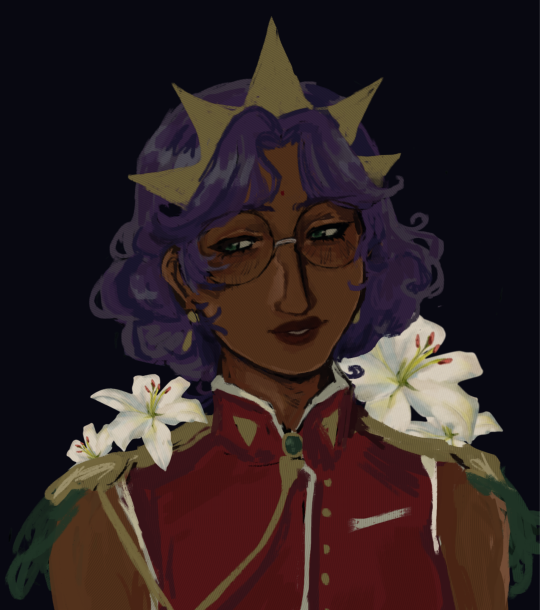Text

69 notes
·
View notes
Text

needed to draw this post by @saionjeans
1K notes
·
View notes
Text

21.04.2024 ✂️ today's anthy!
Deadheading (flowers)
1K notes
·
View notes
Text

Utensil
731 notes
·
View notes
Text

Shout out to both "Tongues & Teeth" Anthy AMV's on youtube, legendary stuff.
2K notes
·
View notes
Text


utena and anthy 🌷🪻
1K notes
·
View notes
Text



utena going from not believing life is even worth living to imagining a life with anthy,.. and ikuhara's commentary about what the power to revolutionize the world actually means.... in the finale utena helps anthy revolutionize her own world by showing her that there can be a life without suffering, that there can be hope for the future. and that's only possible because anthy has been doing the same for utena the whole time
477 notes
·
View notes
Text

Despite struggling with art lately, I managed to draw this yesterday before my laptop keyboard kersploded! Girls when their brother loves them, they promise.
225 notes
·
View notes
Text

una cita amb orxata <3
951 notes
·
View notes
Text
I think my favourite piece of symbolism in rgu will always and forever be the carousel in episode 39. In the intro, you get this awesome shot of Utena and Anthy riding on horses through the sky, and throughout the whole show you’re waiting for that moment to come to fruition.
Horses, of course, are heavily linked to the idea of the prince. Dios is described as a “prince on a white horse,” Touga explicitly states that horses are part of the “prince” persona, Akio and Touga both ride with Utena on a horse when they’re trying to be her prince. And as the protagonist, most viewers will be rooting for Utena to get her own moment of heroism. To break away from Akio’s abuse and become the gallant prince she’s always dreamed of being.
However, when Anthy stabs Utena, this dream is shattered. She says, “You remind me so much of Dios when I loved him. But you can never be my prince, because you’re a girl.” An intentionally cruel jab, rubbing salt in the wound. But also showing Anthy’s mindset, fear of being abused again by someone who wants to trap her in a power dynamic. She loves Utena and believes she is genuinely trying to help her, but still can’t trust her.
This is when the carousel appears. The same motif of the white horse, but this time a crude plastic simulacrum, going around and around in circles. Utena has been sold the idea of the prince as a way to claim autonomy in a patriarchal society, but in the end the “prince” in power only wants to keep everything in eternal stasis. The flying horses in the sky were always a pipe dream, because that’s not what it means to claim power within the framework of this system. A carousel can never advance. A prince can never truly smash the world’s shell, just accumulate power within it.
The nature of the carnival ride and the children’s laughter in the background are also important here, almost mocking Utena in her lowest moment. It reminds me of Akio’s statement that she was merely “playing” at the duelling game, like all this was some childish power fantasy. But we know that’s not true. That’s why Utena is able to pull herself up and make her way to Anthy’s coffin. Dios is the one riding the carousel here, offering Utena false platitudes and beckoning her to accept the way things are, join him in going around and around for eternity. However, Utena’s desire to help her friend trumps her desire to be a hero. To help Anthy has always been her main driving force, and Akio is so cynical that he can’t understand that someone might want to help for purely selfless reasons. Ultimately, this is his downfall.
When the curtain falls and the prince is revealed to be a child on a plastic horse, Utena is disgusted by the farce and accepts the painful reality of her identity being ripped from her and discarded. Because being the prince was never Utena’s goal, it was a means to an end to help Anthy from the very beginning.
416 notes
·
View notes